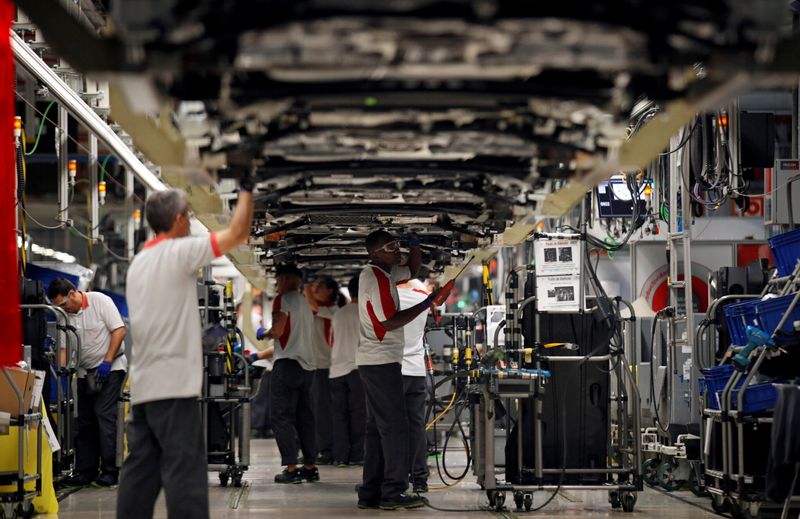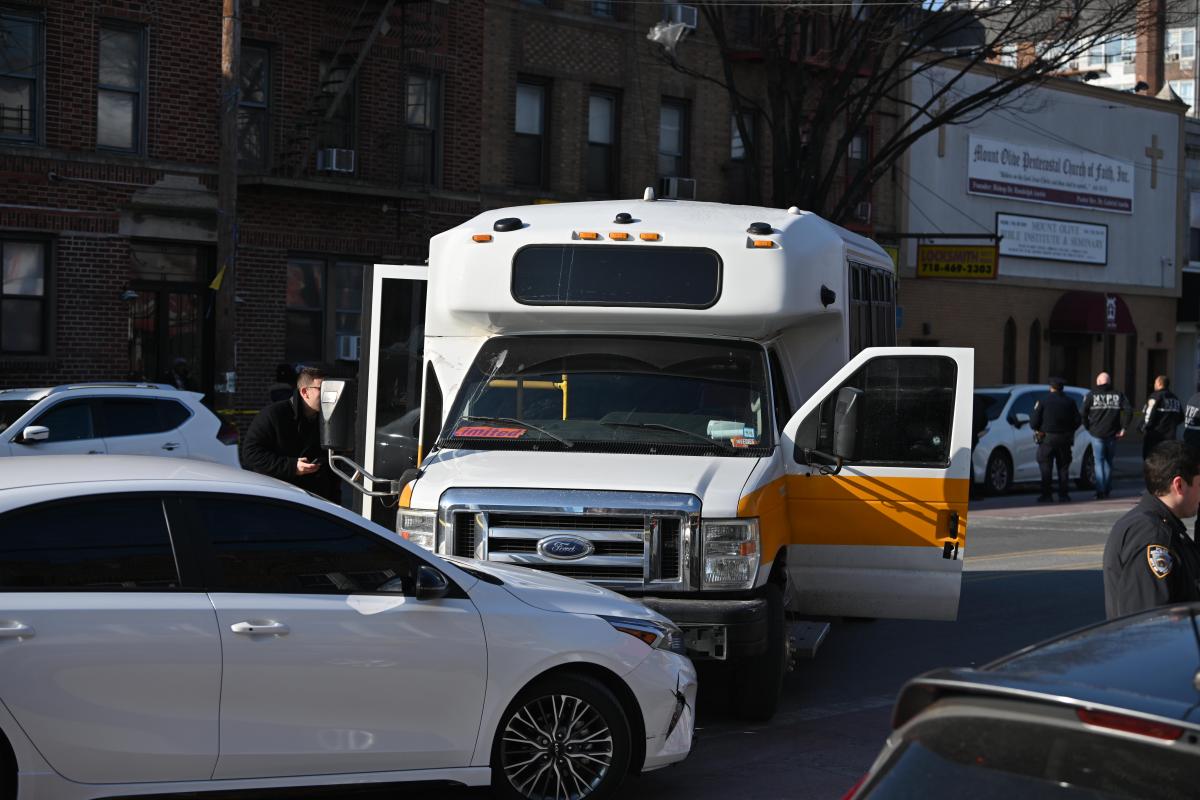MADRID (Reuters) – Spain’s tourism-dependent economy could experience a harsher and longer hit from COVID-19 than initially expected, the Bank of Spain governor said on Monday, warning of tough times ahead for one of the world’s worst-affected nations.
Pablo Hernandez de Cos, who also sits on the European Central Bank’s governing council, said the Spanish economy was heading for a significant second quarter deterioration after shrinking a record 5.2% in the first.
“The length of the shock is likely to be longer than we initially anticipated, and the longer it lasts the more likely it is to cause persistent damage to the economy,” De Cos told parliament.
The Bank of Spain had said in April the economy could contract 6.8-12.4% in 2020. But De Cos said a smaller range of 9.5%-12.4% now seemed probable. However, the economy should bounce back in 2021 and grow between 6.1-8.5%, he added.
Spain was particularly vulnerable to the coronavirus pandemic, he said, as social distancing measures had a bigger impact on the tourism, hospitality, transport and retail sectors, which account for 25% of GDP.
“The return to normality in these sectors is uncertain, but we cannot rule out scenarios in which the persistence of the disturbance is greater,” he said, as Spain began to slowly ease a strict lockdown in place since mid-March.
The governor called for an extension of temporary liquidity measures to support companies in these worst-affected sectors.
In March, Spain approved state-backed credit lines, mainly for small and mid-sized companies and the self-employed, of up to 100 billion euros ($108.46 billion).
But banks, which are channelling these funds, and companies have been complaining that loans are not being deployed fast and efficiently enough.
CALLS FOR POLITICAL UNITY
De Cos also called for a broader political agreement from parties in order to adopt a long-term strategy of fiscal consolidation and structural reforms.
“To fully implement this phase will require a political agreement in line with the magnitude of the challenge we face, which is expected to last for several terms of office.”
On Saturday, Spain’s Prime Minister Pedro Sanchez announced its government would seek to extend the coronavirus state of emergency one last time until late June
The previous extension illustrated the divisive political environment in a country that has just faced four national elections in four years.
With the Bank of Spain expecting the country’s debt-to-GDP ratio to rise beyond 120% and with a budget deficit of up to 11% in 2020 in the worst-case scenario, De Cos said public debt control should take the centre stage once the pandemic and its economic effects are dealt with.
“The need to clean up government finances must come to the forefront, in order rule out episodes of public debt crisis such as those experienced in several countries in the area of the euro after the last financial crisis”, he said.
Spain’s deficit was around 3% of GDP at the beginning of the coronavirus crisis, according to Bank of Spain estimates.
“The magnitude of what we are talking about is so significant, it is possible that we are going to have to tackle both public spending – eliminating superfluous spending, inefficiencies – and also amend the tax system,” De Cos added.
(Reporting by Jesús Aguado and Emma Pinedo; Editing by Ingrid Melander and Andrew Cawthorne)






















